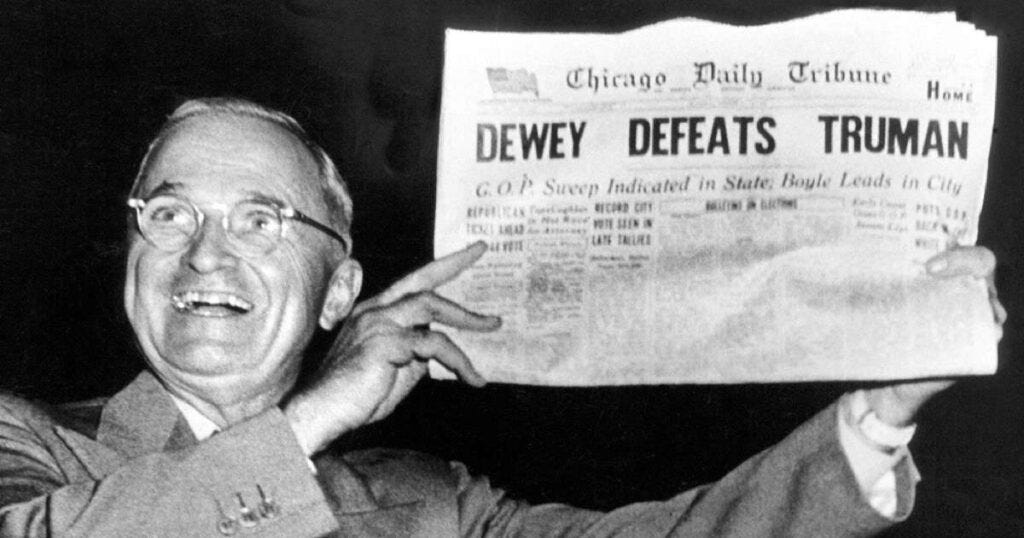
As the United States faces another election, voters are watching for any signs of election fraud, ballot irregularities and suppression efforts. We can probably expect many claims and counter-claims of corruption, challenges to election results and ballot recounts.
The challenges will be brought by whatever side loses a given election, a long American tradition best articulated by former President Donald Trump in 2016 as what I like to call the “If I Win” Doctrine.
Anywhere in the world where people vote, the losing side claims fraudulent elections.
For example, the Superior Electoral Court of Brazil just declared leftist former president Luiz Inácio “Lula” da Silva as the winner of the Oct. 30 election. The official tally shows the right-wing incumbent Jair Bolsonaro receiving 49.1 percent of the vote to da Silva's 50.9 percent – less than a 2-percent margin.
While Bolsonaro is expected to concede (he has not at this writing), thousands of his supporters are calling on the military to intervene. Right-wing media personalities such as Steve Bannon have cried electoral fraud and are urging Bolsonaro to stand his ground. Infowars host Alex Jones publically speculated that Bolsonaro “probably won by 20 points,” urging him to “go with the military and stand up to this communist takeover.”
The U.S. is no stranger to election wrangling. The 2000 election was clouded by a botched recount in Florida. George Bush’s initial 1,784-vote margin triggered an automatic machine recount, with Al Gore requesting additional hand recounts in four heavily Democratic counties. Florida’s Secretary of State Katherine Harris (co-chair of Bush's Florida campaign), halted the incomplete recount on Nov. 14, the statutory deadline.
Twenty Democrats went on to raise objections to Florida’s electoral votes when the House of Representatives met to certify the Electoral College vote, but not a single senator would co-sponsor the objections. They were dropped.
In 2008, GOP candidate John McCain warned at a presidential debate with Barack Obama that the election could be marred by voter fraud, claiming that ACORN, an organizing group in minority and low-income communities, was “now on the verge of maybe perpetrating one of the greatest frauds in voter history in this country.” Fox News’ Sean Hannity claimed in 2012 that 59 divisions in Philadelphia going 100 percent for Obama showed signs of election rigging.
Trump predicted the 2016 election would be rigged but, to even his surprise, he won. All hell broke out in Portland, where some 4,000 people took to the streets, confronting drivers, spray-painting buildings and smashing electrical boxes with baseball bats. While Hillary Clinton conceded defeat Nov. 9, for the next four years she she referred to Trump as “an illegitimate president," citing Russian interference.
“Our government finally acknowledged that the Russians were in the county election systems of every county in Florida,” Clinton said at a Time magazine event in 2019. As many as 72 percent of Democrats believe the 2016 election was likely changed by Russian interference, according to a Rasmussen Report.
Claims of voter fraud reached a fever pitch after the 2020 election, with Trump launching numerous legal and political strategies to overturn Joe Biden’s election. More than 2,000 rioters stormed the Capitol, occupying, vandalizing and looting it. Popular election-fraud documentaries such as 2000 Mules and [S]election Code are taken as gospel by many conservative voters despite the dearth of hard evidence.
A recent NPR/PBS NewsHour/Marist poll shows 52 percent of registered voters saying the candidate they support in the midterms should definitely concede if their opponent wins. Another 34 percent say they should probably concede. Democrats (64 percent) and independents (54 percent) are more likely than Republicans (39 percent) to say their candidate should definitely concede if their opponent is deemed victorious.
The problem I find with claims about election security is that there doesn’t seem to be any established criteria by which to judge the integrity of an election. When the Election Infrastructure Government Coordinating Council declared on Nov. 12, 2020, “The November 3rd election was the most secure in American history,” it implied that previous elections were less secure. Did they study them all? Which ones were secure and which ones weren’t? Where does Truman versus Dewey fit on the Top 10 list?
We’ll soon know how widespread the “If I Win” Doctrine will be – it depends on who loses.
For real-time news on Conspiracy Studies, follow us on Twitter: @TruthsmackSaint. Thanks!



